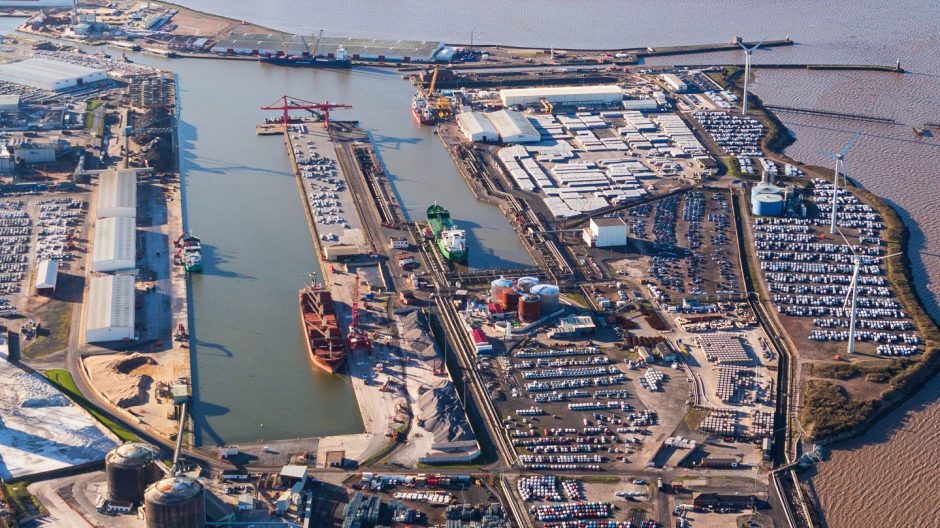
Aberdeen’s Apollo Engineering will lead three feasibility studies into the planned Severnside Carbon Capture and Shipping Hub (7CO2) near Bristol.
The 7CO2 initiative aims to facilitate decarbonisation for industrial emitters across the Southwest of England, the Midlands and West Wales.
Altogether, the plan aims to capture, transport and permanently store up to 8 million tonnes per year of CO2, “preserving and creating more than 6,000 jobs”.
Located at the Avonmouth Dock, the 7CO2 Hub will provide a pathway for post-combustion carbon dioxide to be transported for offshore storage in the North Sea.
7CO2 estimates the project will attract up to £1.3 billion of inward investment to the Bristol region, and over £4 billion to the surrounding area.
The £100,000 studies, funded by 7CO2 and Innovate UK, will focus on rail, land and power options for the West of England Local Industrial Decarbonisation Plan (LIDP).
Involving 17 Apollo engineers, the studies will assess the feasibility of using rail to transport CO2 from regional emitters, as well as identifying land for other decarbonisation projects including hydrogen and sustainable aviation fuel production.
Apollo will also conduct a study to explore cost-effective power supply options, including renewable energy generation and small modular nuclear reactors.
Apollo decarbonisation director Phil Westmorland said the “innovative project” ill have a “significant impact on regional decarbonisation efforts and the UK’s climate goals”.
Local Industrial Decarbonisation Plans
The UK government announced the 7CO2 project as one of 12 to share in £6 million in funding as part of the LIDP competition earlier this year.
The Department for Energy Security and Net Zero (DESNZ) said the grant funding aims to support dispersed industrial manufacturers not located in existing industrial clusters to decarbonise and reduce their emissions.
Other winning initiatives included the Solent Cluster, the IDNI project in Northern Ireland, and the NEW-ID project in North East Wales.
These LIDP projects fall outside of the Track 1 and 2 cluster sequencing process initiated by the previous Conservative government, which involves four major industrial clusters around the UK.
These include HyNet in North West England, the East Coast Cluster in Teesside and the Humber, Acorn in Scotland and Viking CCS in the Humber.
The projects form part of plans unveiled in December last year, which identified three phases of development for establishing a viable carbon capture, utilisation and storage (CCUS) sector in the UK.

